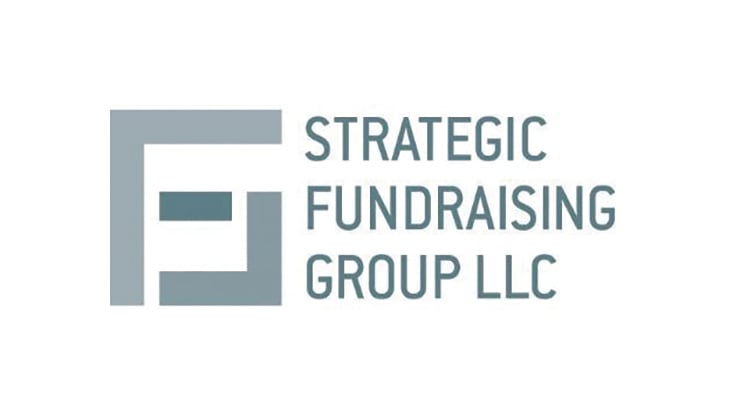
Depending on one’s background, the term “the first line of defense” carries unique significance.
Most people often associate this phrase with sports. In football, the defensive line serves as the first line of defense. Football aficionados who understand the intricacies of the 4-3 defense and the 3-4 defense grasp that the defensive linemen and linebackers’ jobs are to stop the run and rush the quarterback.
There also is a famous saying that “the best defense is a good offense.” It’s first attributed to George Washington, who didn’t intend it for football. Believe it or not, this adage had military ramifications. This is because he felt that an aggressive offensive strategy could keep the opposition on the defensive and prevent an effective counterattack.
And then there is the Central Intelligence Agency (CIA). A national agency no less important than the CIA considers itself the nation’s first line of defense. In a recruitment ad, the CIA explains, “The work we do at the CIA is vital to US national security. We collect and analyze foreign intelligence and conduct covert action. US policymakers, including the president of the United States, make policy decisions informed by the information we provide.”
During the COVID-19 pandemic, hand sanitizers, face masks and social distancing took on newfound importance as our first line of defense against the disease. News-Medical.net says, “The human body has three primary lines of defense to fight against foreign invaders, including viruses, bacteria and fungi. The immune system’s three lines of defense include physical and chemical barriers, non-specific innate responses and specific adaptive responses.” These defensive mechanisms ostensibly were supposed to thwart the spread of the pandemic. This assertion, however, is subject to much debate.
I learned early in my career that raising funds requires creating fundamental first lines of defense. For example, every day, when I arrived at work, one of the first things I did was walk over to our receptionist and the telephone operator. I wanted to thank them for their essential service to our nonprofit. They represented our first line of defense to the public. Keeping them happy and informed was absolutely necessary. Always.
Let me explain.
When visitors arrived at our institution, we always greeted them with a smile and a, “May I help you?” If your receptionist isn’t friendly, don’t expect potential donors to stay for long. We must greet everyone with a pleasant reception and genuine friendliness. Common sense? Of course. But not everyone does it.
Once our guests received a proper welcome and we determined the purpose of the visit, they could move on to their appointments. But those seminal moments are your first line of defense. I encountered receptionists at multiple institutions who didn’t bother to make eye contact or acknowledge me. It spoke volumes about those organizations. As you might expect, I learned from their visitors that, feeling unwelcome, they took their business elsewhere.
The telephone operator was equally critical. How many times do you find:
- The phone rings and rings and rings… and no one picks up.
- The phone attendant doesn’t speak clearly.
- You get put on hold. Over and over again.
- You don’t get a friendly vibe from the operator.
- You repeat questions because the person on the other side of the line isn’t listening.
There is phone etiquette for answering calls. HubSpot offers pointers in a January 12, 2022 blog:
- Answer the call within three rings.
- Immediately introduce yourself.
- Speak clearly.
- Only use speakerphones when necessary.
- Actively listen and take notes.
- Use proper language.
- Remain cheerful.
- Ask before putting someone on hold or transferring a call.
- Be honest if you don’t know the answer.
- Be mindful of your volume.”
Let me offer another first line of defense.
Your house needs to be in order, and I don’t mean the dècor. All the accouterments should be in place, such as a Mission Statement, a coherent vision, services par excellence, ingrained good customer relations and communication practices, glowing metrics, positive reviews and approving third-party scrutiny, a person-oriented value system that permeates the nonprofit, a passionate emphasis on performance and results stemming from effective leadership. Is this too much to ask for? Not at all. If you want to impress your contributors, you must meet those expectations and elevate your nonprofit to the next level.
Vince Lombardi, the legendary former football player and coach, says it best, “It takes months to find a customer and seconds to lose one.” Lombardi won five NFL championships, including Super Bowls I and II. He understood you can do a hundred things right, but it takes just one mistake to ruin your reputation and lose customers. His career was famed for his understanding of what makes up a first line of defense. Keep this in mind when establishing your first line of defense.
Norman B. Gildin is the author of the popular book on nonprofit fundraising “Learn From My Experiences.” He is the President of Strategic Fundraising Group, whose singular mission is to assist nonprofits to raise critical funds for their organization. His website is www.normangildin.com.












